On this day in 1998, country singer Johnny Rodriguez‘s life turned violently tragic when he shot and killed 26-year-old Israel “Bosco” Borrego inside his family’s Texas home near Uvalde.
Borrego was a questionable drinking acquaintance Rodriguez mistook for a burglar.
According to Rodriguez’s friends and his attorneys, the singer came home around 4 a.m. on August 29, 1998, and found Borrego inside. At the time, he didn’t realize the person in his darkened home was Borrego. But the two men had a history. The Los Angeles Times reported that Borrego, an unemployed laborer, had been drinking with Rodriguez and others hours earlier.
In the early morning hours, believing an intruder had entered, he grabbed a .357 Magnum and pulled the trigger, hitting Borrego once in the abdomen. Rodriguez’s attorney said the singer realized who the intruder was only after the single shot was fired. Borrego died on the way to the hospital in Uvalde.
Rodriguez was charged with murder in the shooting death, his lawyer said. He was held in the county jail on a $250,000 bond.
Videos by American Songwriter
Johnny Rodriguez Held on $250,000 Bond
Borrego had reportedly been warned to stay away from the family’s house. Rodriguez’s defense team painted Borrego as a local bully with a lengthy arrest record for assault, burglary, and public intoxication. An autopsy showed Borrego’s blood-alcohol level was two-and-a-half times the legal limit.
Prosecutors told a different story. They said he was cooking breakfast in the kitchen when Rodriguez confronted him.
About a year later, on the night before his trial, someone asked Rodriguez if his life resembled a country song. He gave a tired smile and said, “I guess it is. A bad one.”
A Uvalde jury acquitted Rodriguez of murder the next day, stating they believed it was self-defense under Texas law.
The Austin American-Stateman reported that jurors took two hours to reach a verdict, and that shouting erupted in the courtroom after the judge read the “not guilty” verdict. Many of the singer’s eight brothers and sisters, along with the victim’s family, were in the courtroom.
Rodriguez was tired, emotional, and relieved.
“The first thing that I thought of was that I can be a father to my baby now,” he said. His 18-month-old daughter, Aubry Rae, lived with her mother in San Marcos.
“I Can Be a Father to My Baby”
Johnny Rodriguez skyrocketed to the spotlight almost overnight in the early 1970s, scoring No. 1 hits before he turned 23. He was hailed as the first Mexican-American star in Nashville, with six No. 1 hits and 14 Top 10s, including “Pass Me By (If You’re Only Passing Through),” “You Always Come Back (to Hurting Me)” and “Ridin’ My Thumb to Mexico.” The Grand Ole Opry inducted him as a member in 1973, a groundbreaking moment for Latino representation in Nashville. He developed a reputation for hard living on the road, which escalated as the pressures of success and touring mounted.
During the 1980s, his success cooled and his personal life became increasingly unstable. Rodriguez was arrested multiple times on charges related to drug possession, including just months before the shooting.
When Rodriguez shot Borrego, the singer wasn’t intoxicated, but the victim was. His extreme blood-alcohol level highlighted the drinking culture that surrounded both men.
Rodriguez’s career was past its prime when the shooting occurred. He said he learned a lesson from the ordeal of the murder charge.
“I think my mind will be a little clearer now. I think I’m going to cut back on the drinking, too. I’ve learned a little about that,” Rodriguez told reporters after the verdict.
Rodriguez’s defense attorney called the outcome “a victory for the laws of Texas,” allowing residents to defend themselves and their homes in the face of potential danger.
Rodriguez died in May. He was 73.
(Photo by Gems/Redferns)

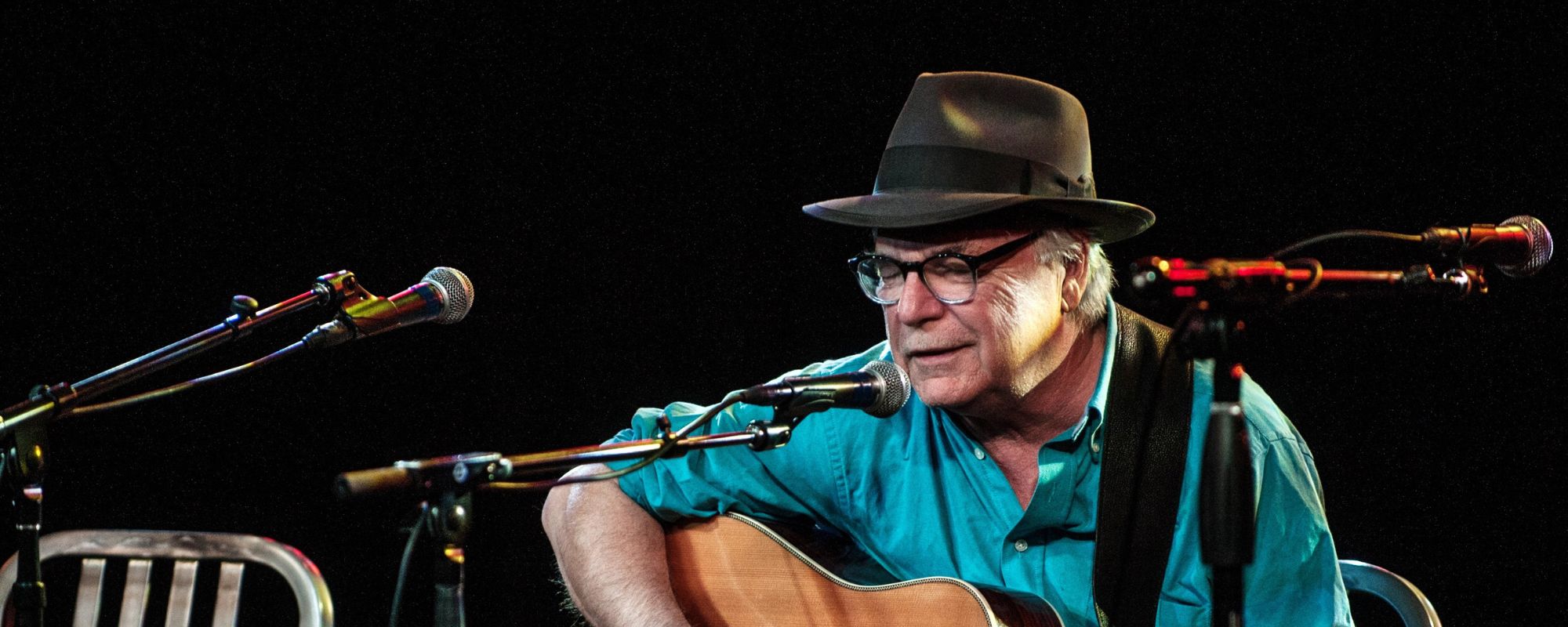
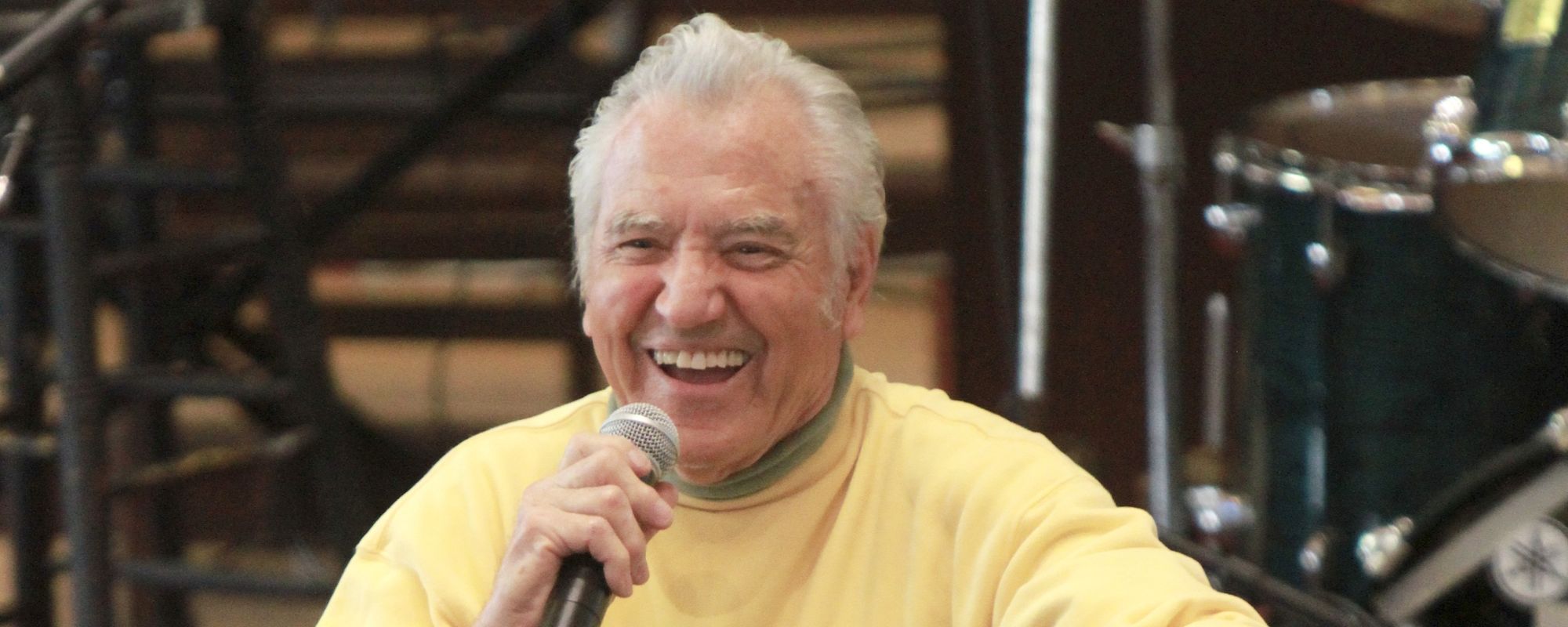

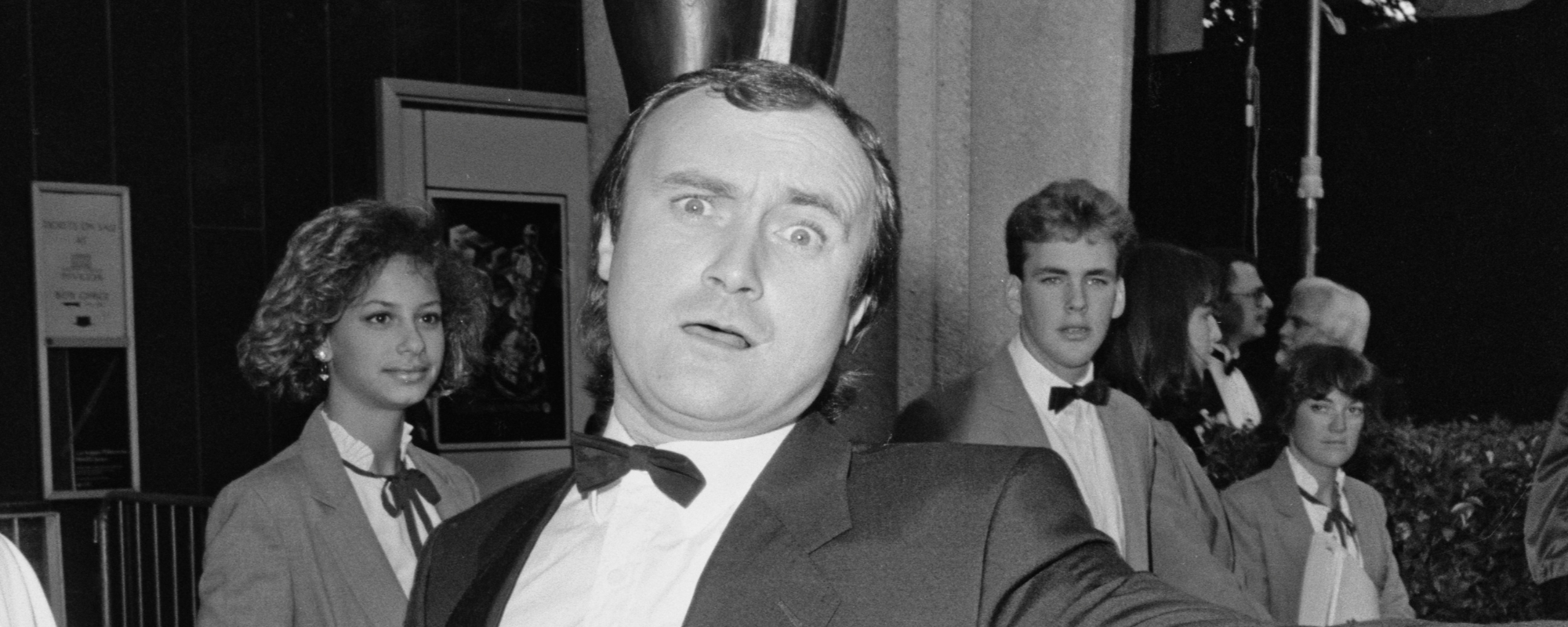
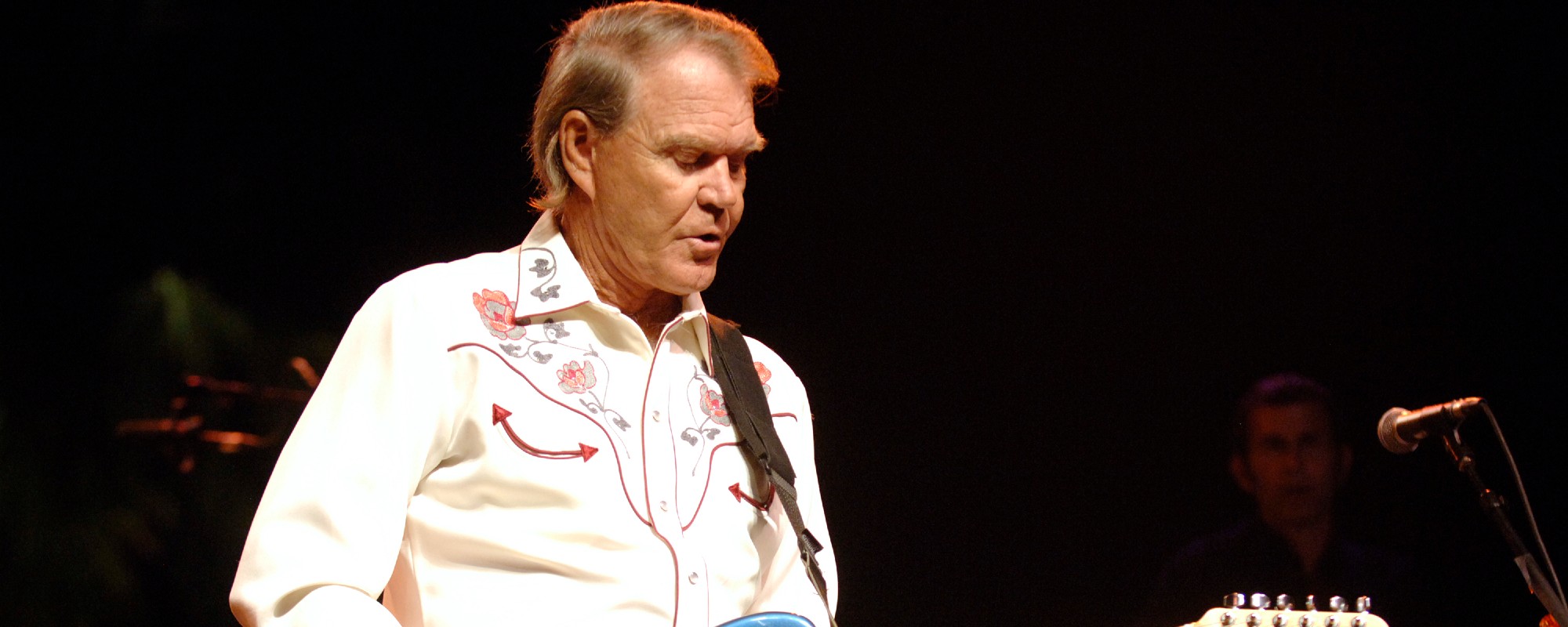

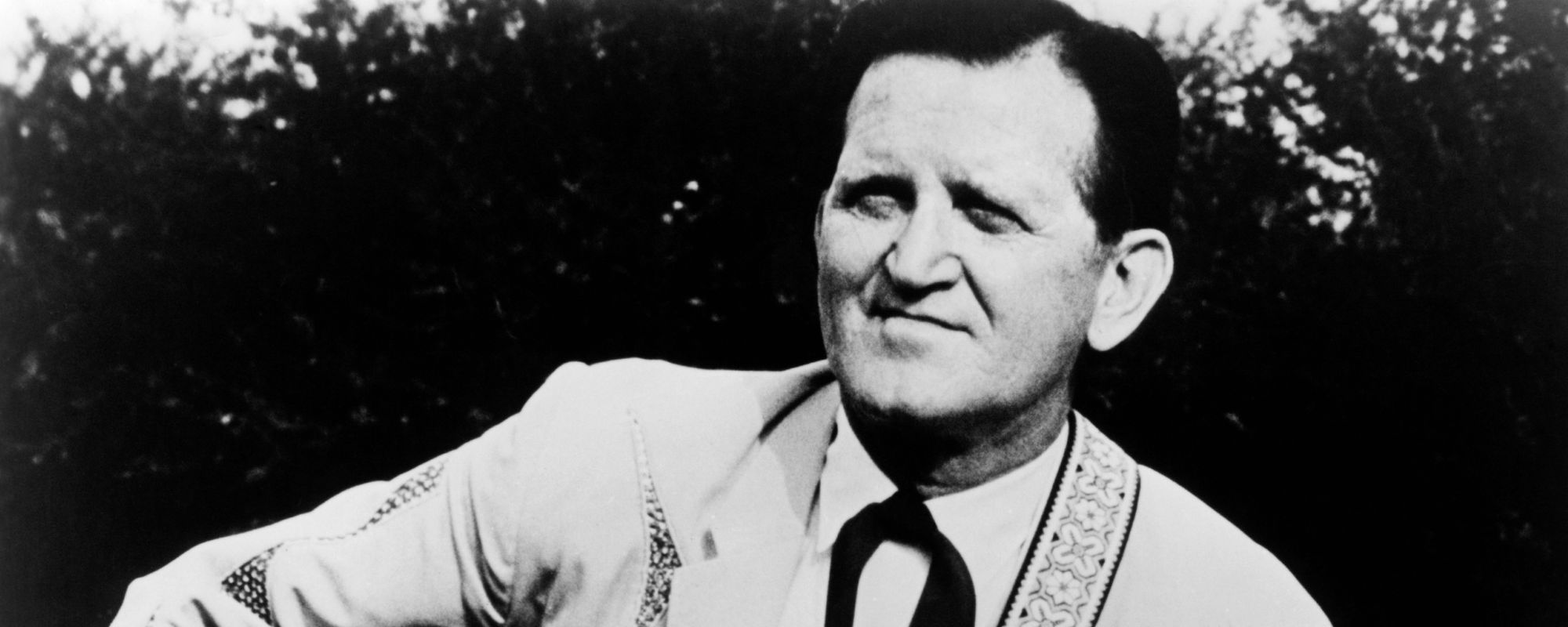
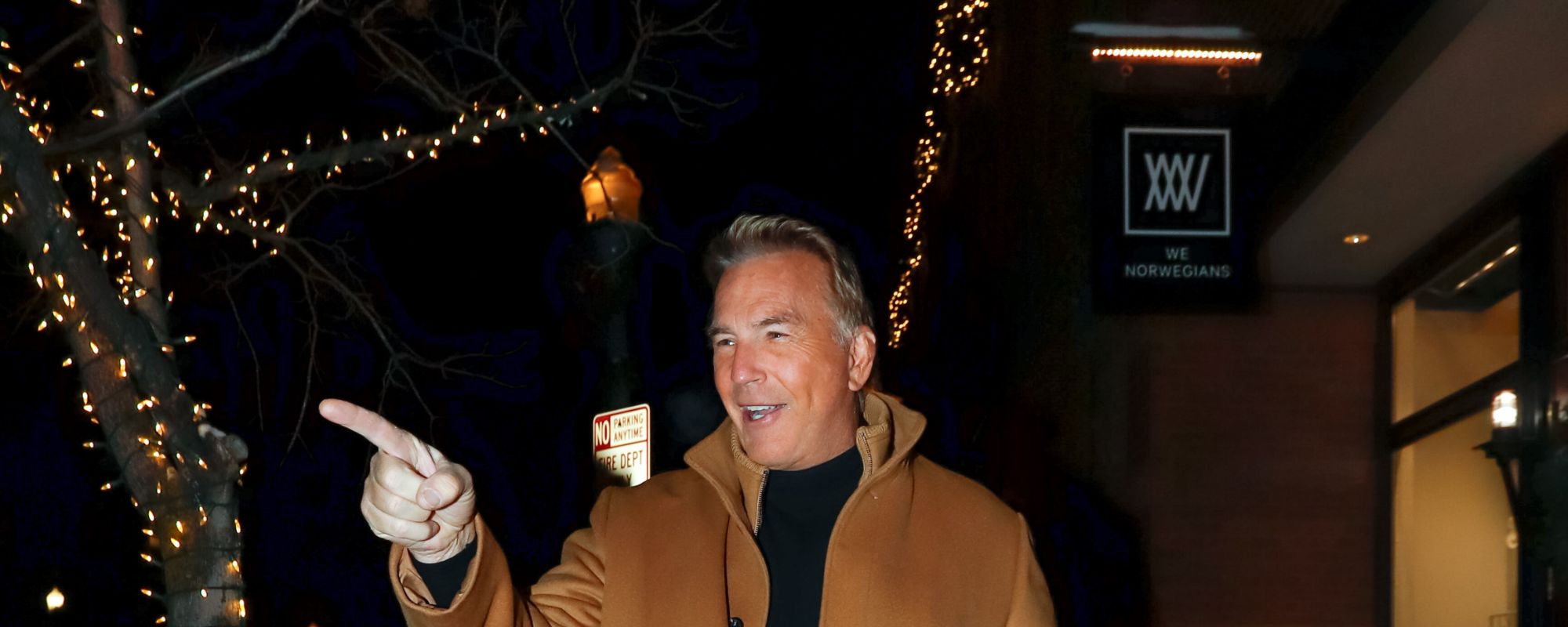
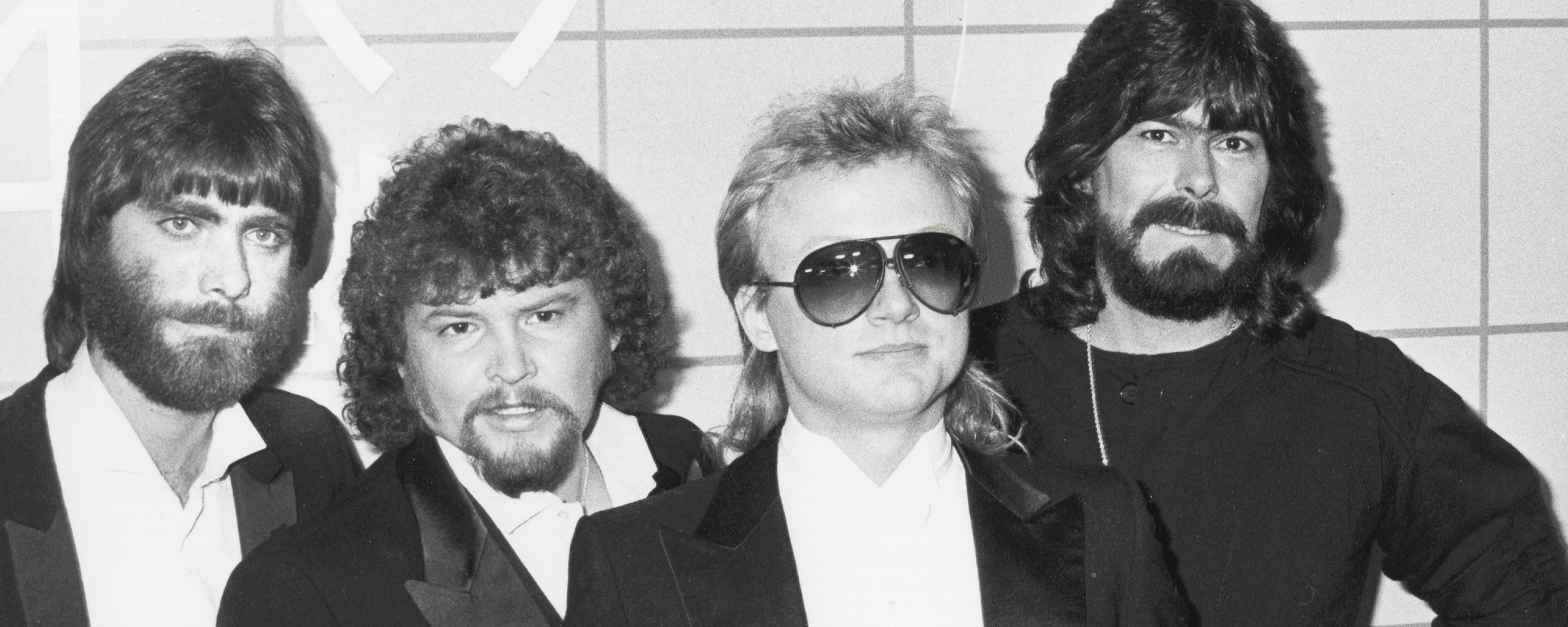

Leave a Reply
Only members can comment. Become a member. Already a member? Log in.